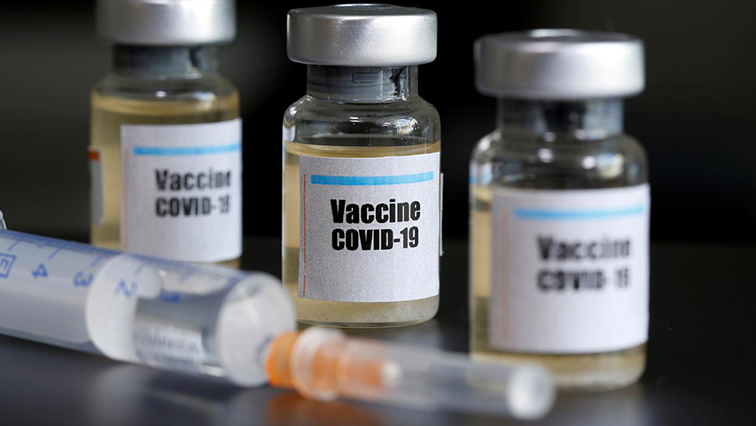The World Health Organisation (WHO) is calling on governments to ensure that the procurement and supply of controlled medicines in countries meet the needs of patients, both those who have COVID-19 and those who require internationally controlled medicines for other medical conditions.
The world health body made the call in a joint statement with the International Narcotics Control Board (INCB) and the United Nations Office on Drugs and Crime (UNODC).
“There is a need to ensure access to controlled medicines such as sedatives and analgesics for intubation protocols for the treatment of patients with COVID-19. Non-COVID patients continue to require controlled medicines for the management of pain and palliative care, surgical care and anaesthesia, mental health and neurological conditions, and for the treatment of drug use disorders,” the organisations say.
They say while patients faced barriers to accessing controlled medicines before the COVID-19 pandemic, the disease has further resulted in interruptions of the medicines supply chain,
“And it is critical that access to essential health services and medications not be forgotten or de-prioritised during this pandemic.”
Solutions to address barriers
In acute emergencies, it is possible under the International Drug Control Conventions to utilise simplified control procedures for the export, transportation and supply of medicinal products containing controlled substances.
“Competent national authorities may permit the export of medicines containing narcotic drugs and/or psychotropic substances to affected areas even in the absence of the corresponding import authorisations and/or estimates. Urgent deliveries do not need to be included in the estimates of the receiving countries affected by emergencies. When possible, competent national authorities are also encouraged to issue electronic import and export authorizations through the INCB International Import and Export Authorization System (I2ES), PEN Online and share related contingency measures in the forum therein.”
The WHO, INCB and UNODC are urging countries to ease COVID-19 related transport restrictions for controlled medicines and consider local production solutions when feasible, to meet the COVID-19 driven demand spikes.
“INCB, WHO and UNODC are committed to continue to work together to address this critical issue and will expand joint efforts to engage with other partners and increase advocacy and technical assistance to countries for improving access to controlled medicines during the COVID-19 pandemic and mitigate barriers to ensure that both patients affected by COVID-19 or by other non-COVID-related conditions requiring medicines under international control have access to these medicines when they need them,” the organisations concluded.
Global coronavirus update:






